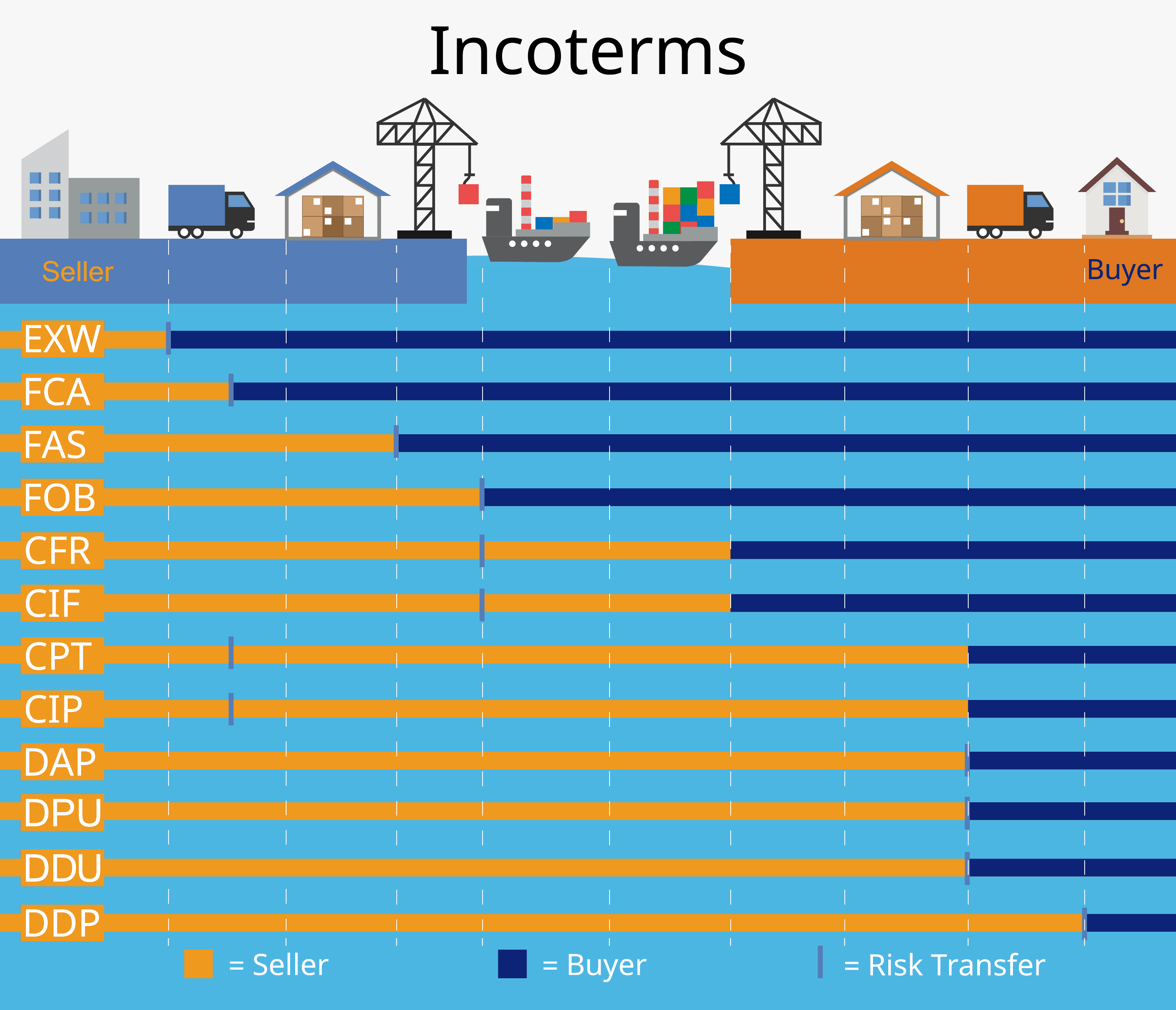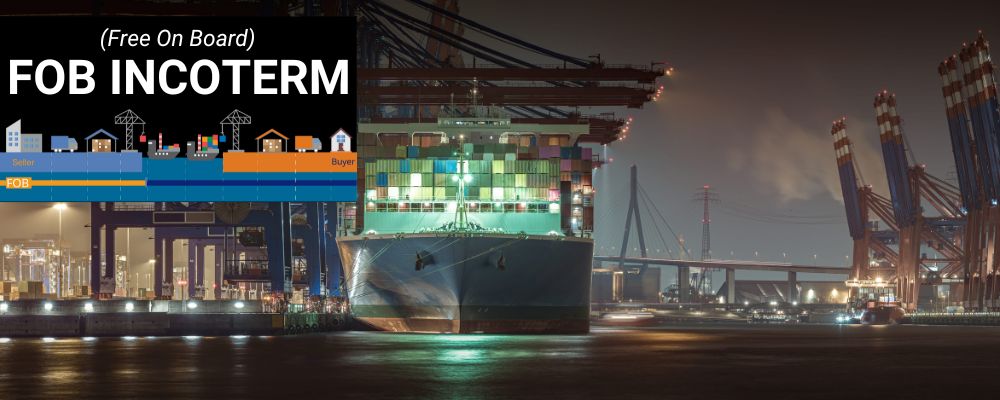FOB Incoterm Explained: When and Why It is Used in Global Business Transactions
Are you diving into the world of global business transactions and feeling a bit overwhelmed by all the industry jargon? Look no further, because we’ve got you covered! Today, we’re demystifying one of the most commonly used terms in international trade – FOB Incoterm. Whether you’re a seasoned entrepreneur or just starting out on your global business journey, understanding when and why to use this vital term will help unlock new opportunities and ensure smooth sailing in your transactions. So fasten your seatbelts and get ready to navigate through the fascinating realm of FOB Incoterm – it’s time to set sail towards success!
Understanding the FOB Incoterm
Understanding the FOB Incoterm is crucial for anyone involved in international trade. FOB, which stands for “Free on Board”, is one of the 11 terms defined by the International Chamber of Commerce (ICC) as part of their Incoterms® rules. These terms are globally recognized and used to define the responsibilities and obligations of buyers and sellers in international trade transactions.
FOB is a term that specifically relates to the delivery of goods from a seller to a buyer, where the seller is responsible for arranging transportation and loading the goods onto a vessel at a named port. This means that once the goods are loaded on board, the risk and responsibility for them transfers from the seller to the buyer.
The concept behind FOB originated in maritime trade, where it was important to establish who was responsible for shipping costs, insurance, and any risks associated with loading and transporting goods onto a ship. However, it has now evolved into being used in all modes of transportation including air, road or rail transport.
One key aspect to understand about FOB Incoterm is that it applies only when goods are being shipped by sea or inland waterway transport. If goods are being transported by other methods such as air or land, different incoterms should be used instead.
When is FOB Incoterm Used in Global Business Transactions?
FOB Incoterm, or Free on Board, is one of the most commonly used terms in international trade. It is a type of shipping agreement that outlines the responsibilities and liabilities between the buyer and seller in a global business transaction. In this section, we will dive deeper into when FOB Incoterm is typically used and why it has become such a popular choice for businesses around the world.
FOB Incoterm is often used in transactions involving goods being transported via sea or inland waterways. It is particularly common in industries such as oil and gas, agriculture, and manufacturing where large quantities of goods are shipped internationally.
More specifically, FOB Incoterm is typically chosen when the seller wants to have control over the shipment until it reaches the port of origin. This means that they are responsible for loading the goods onto the vessel and arranging for their transportation to the designated port.
On the other hand, once the goods have been loaded onto the ship at the agreed-upon port, responsibility shifts to the buyer who will be responsible for any subsequent costs or risks associated with transporting them to their final destination.
Advantages and Disadvantages of Using FOB Incoterm
1. Clear Cost and Risk Allocation: One of the main advantages of using FOB Incoterm is that it clearly defines the responsibilities and costs between the buyer and seller. As per this term, the seller is responsible for all export costs until the goods are loaded onto a ship at the port of origin. This includes any transportation fees, customs duties, and export documentation costs. Once the goods are on board, the risk and cost transfer to the buyer.
2. Flexibility in Shipping: Since FOB Incoterm only covers responsibilities until loading onto a ship, it gives both parties flexibility in choosing their preferred mode of transportation for delivering goods to their destination. This allows for cost optimization as well as faster delivery options.
3. Control over Shipment: Under FOB Incoterm, once the goods are loaded onto a ship at the port of origin, they become the property and responsibility of the buyer. This gives them control over tracking their shipment and ensuring timely delivery.
4. Lower Costs for Importers: Since FOB Incoterm places most of the responsibility on the seller until loading onto a ship, importers can save on transportation costs and other related charges.
5. Suitable for Bulk or Containerized Cargo: FOB Incoterm is suitable for both bulk shipments (such as oil or grain) as well as containerized cargo (such as electronics or clothing). It does not limit either party to a specific type or size

Alternatives to FOB Incoterm
When it comes to global business transactions, the International Commercial Terms (Incoterms) play a crucial role in defining the responsibilities and obligations of both buyers and sellers. One of the most commonly used Incoterms is Free on Board (FOB), which indicates that the seller is responsible for delivering the goods to the port of shipment and loading them onto the vessel designated by the buyer.
However, there are situations where FOB may not be the most suitable Incoterm for a particular transaction. In such cases, there are alternatives available that can better suit the needs of both parties involved. Let’s take a closer look at some of these alternatives to FOB Incoterm:
1. EXW (Ex Works)
EXW is an Incoterm where the seller’s responsibility ends when they make the goods available at their premises or chosen location. This means that all costs and risks associated with transportation from the seller’s location to the final destination are borne by the buyer. EXW is often used when dealing with international suppliers who have limited transportation options or when buyers want more control over their shipping arrangements.
2. CIF (Cost, Insurance, and Freight)
CIF is an Incoterm where freight charges and insurance costs are included in the price quoted by the seller, who also bears all costs until delivery at destination port. This term provides added security for buyers as they do not need to arrange for insurance separately. However, sellers may charge higher prices to cover these additional costs.










